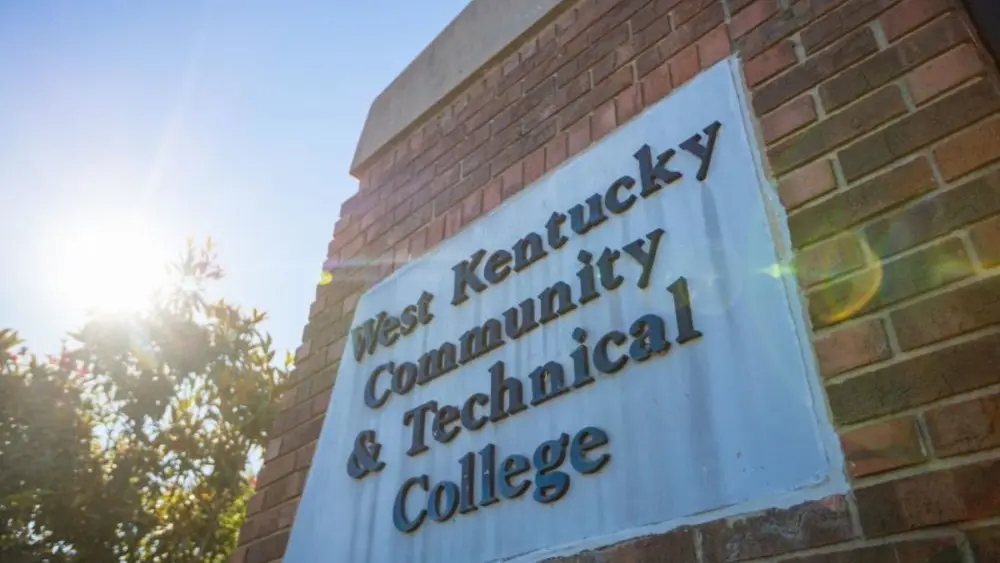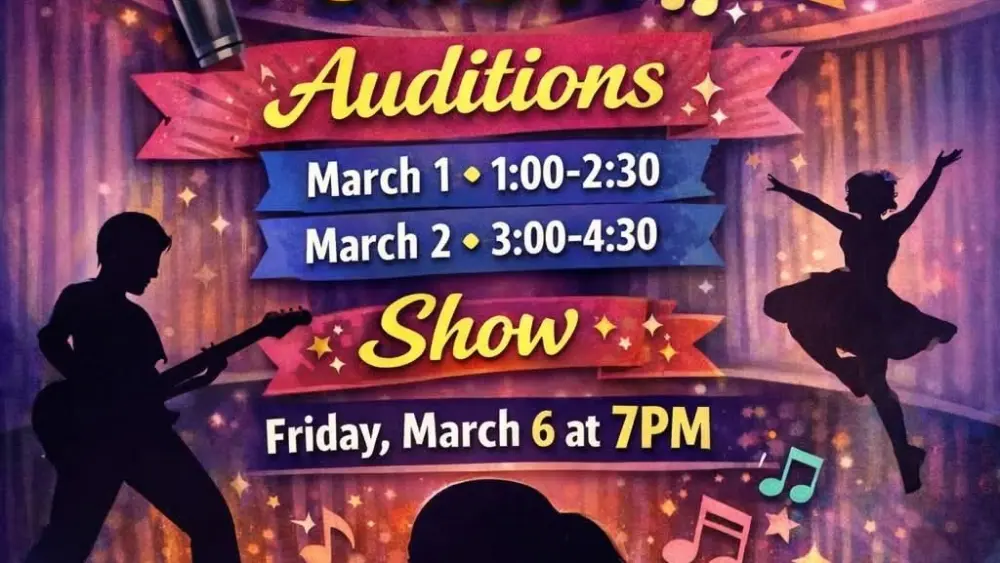FRANKFORT - This week, as it has regularly done since Kentucky became the nation's 15th state in 1792, the General Assembly returns to the Capitol to start another legislative session. Since it is an even-numbered year, the House and Senate will meet for 60 working days and wrap up our work by April 15th, as required by Kentucky's constitution. Our biggest task during this time will be enacting a two-year state budget that will take effect next July. While it is too soon to say what policy decisions will be made, the overall numbers are already known. In short, state spending tops $30 billion annually, which includes every state and federal tax dollar and restricted funds, such as college tuition, that can only be spent for a specific purpose. Most of the legislature's attention is on the General Fund, the portion of the budget that essentially drives the rest. That totals a little more than $10 billion a year, and percentage-wise, about 56 percent goes to our schools and public colleges and universities; 23 percent covers Medicaid and other health-related services; and 11 percent funds our criminal justice system. That leaves about a dime of each state tax dollar for everything else. The General Assembly will receive the governor's budget proposal late this month, and will have it back on his desk for any possible vetoes by the end of March. We will have the opportunity to consider those vetoes after a 10-day recess in early April. Those last two days will also be spent reviewing any vetoes that might be issued for other bills. Legislators have already filed dozens of proposals for consideration, and dozens more will be added by the final deadline in early March to submit new legislation. It will be up to the various committees to decide which bills should move forward to a vote, and success in one chamber does not necessarily mean the other will vote the same way. Differing priorities, public opinion and a lack of time are just some of the hurdles a bill has to overcome to become law. The public plays a crucial role when it comes to what passes and what doesn't. To help that along, there are several ways for citizens to stay informed, beginning with the Legislative Research Commission's website: www.lrc.ky.gov<http://www.lrc.ky.gov>. From there, people can learn who represents them in the House and Senate, and they can check out the full text of bills and their progress. That includes a "bill watch" feature that will send notifications whenever action is taken, making it easier for tracking. There are also several toll-free phone numbers that you can use to stay informed or to let other legislators and me know your views. The message line, for example, is open year-round and is staffed with live operators during normal business hours. That number is 1-800-372-7181. The bill-status line is 1-866-840-2835, and the number to check on committee meeting times is 1-800-633-9650. If you have a difficult time hearing, the TTY message line is 1-800-896-0305. Sending an email is easy as well. To reach any legislator, just use his or her first and last name, with a dot in-between, and then the "@" sign, followed by lrc.ky.gov. You can reach me that way by addressing emails to Will.Coursey@lrc.ky.gov<mailto:Will.Coursey@lrc.ky.gov>. If you would like to send a letter, my address is Room 351A, Capitol Annex,702 Capitol Avenue, Frankfort, KY 40601. Should you want to watch the legislative meetings or each day's session of the House and Senate, Kentucky Educational Television does a great job of providing coverage online. Its website is http://www.ket.org/legislature/. The House and Senate host many groups during the legislative session, and both chambers also have a program that lets students serve as visiting or personal pages, giving them the ability to see the legislative process up close. If you have questions about either of these opportunities, please let me know. I will also continue providing updates through this column and whenever I have the chance to meet with constituents this winter and early spring. If you would like me to speak to your group, either in the weeks ahead or after our work is complete, I will be glad to try to work something out. For now, I look forward to serving you during the legislative session and through the remainder of 2016.







